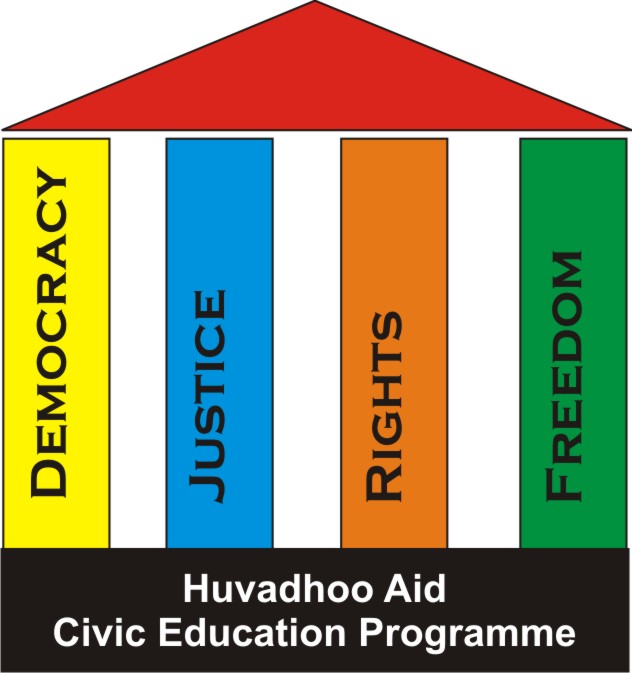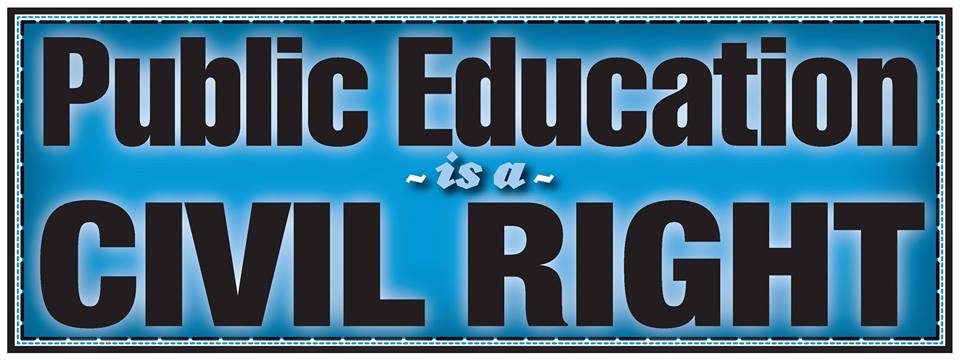CIVIL EDUCATION.
Financial Woes

"We're forgetting the watercraft," said Roger Desrosiers, the Massachusetts state facilitator for the We the People protected open deliberation program, in a meeting. "How everything adds up would we say we is, have a majority rules system to ensure and to advance, and in case we're not instructing our youngsters to have the capacity to screen, to have the capacity to be vigilant about government—in case we're not doing that, how is our legislature going to have the capacity to proceed?"
The Center for Civic Education runs We the People, a rival program in which classes study and level headed discussion distinctive parts of the Constitution with boards of judges. That program's $16.5 million yearly plan constituted a strong segment of the subsidizing for city projects cut by Congress in 2011.
Without that cash, CCE withdrew its budgetary backing for partaking schools, which frequently went to reading material subsidizing. Charles N. Qugliness the focal point's chief, said that the association has been not able to help schools raise the cash important to venture out to Washington for the national finals each spring.
"It's hard," said Jeff Reiman, an administration educator at Grand viewHigh School, in Aurora, Colo. "We won the state rivalry in December [2013], and abruptly we were defied with the way that we have this chance to go to Washington, yet its going to cost over $30,000 to get my children [there], some of whom are original Americans—it is a suburban area, yet its not so much a rich one."
Reiman's class was spared by backing from the group, yet numerous state groups have been less.

Lindsey Draper, an adolescent equity repeatability screen for the Wisconsin Department of Justice, and a long-lasting project judge, adulated the system for getting youngsters eager to discuss established issues, as opposed to simply understanding what's going on the news.
"You don't have a ton of children who have those discourses," he said.
Still, the level of subsidizing once appreciated by CCE wasn't without pundits, some of whom have upheld the thought of aggressive award programs for urban instruction. Dwindle Levine, executive of the Center for Information and Research on Civic Learning and Engagement, has contended for a project like Race to the Top, where financing would in the end help scale up projects regarded to be scholastically and monetarily viable.
"It is not unimaginable for elected or state governments to enhance urban instruction, yet the exertion obliges unobtrusiveness, adaptability, and an eagerness to investigation, change, and attempt once more,"
Levine wrote in a piece for Teaching America: The Case for Civic Education, a 2011 gathering of articles on enhancing projects about government.
An alternate famous city training system, National History Day, is additionally sorted out into state rivalries, with a national last that occurred for the current year at the University of Maryland, in College Park. The system asks center and secondary school understudies to present unique recorded research in any number of organizations, including feature, blurb, and live exhibitions.

In the not so distant future, in excess of 600,000 understudies took an interest in that exertion, and no less than one outside survey of the system, done in 2011, recommends genuine profits for understudies; the San Francisco-based research firm Rockman et al utilized execution appraisal assignments to demonstrate that the opposition enhanced understudy composing and exploring capacities.
To help relieve the expense of go for that program, schools used to have the capacity to seek Teaching American History gifts, which at first survived Congressional financing cuts in a diminished sum. In any case the U.s. Bureau of Education finished the stipend in 2011. The National History Day site now prescribes that understudies request stores from organizations in the group, or check whether their areas have put aside any cash for such attempts.
No comments:
Post a Comment